Results for “grammar tips”
Search

3-minute read
Grammar Tips: Can I Start a Sentence with the Word “But”?
...up whether to use “but” at the beginning of a sentence, check to see if you need to adhere to a particular style guide. Style guides are used in the publishing world to set standards for grammar, punctuation, and spelling. Your style guide may specify that sentences shouldn’t begin with...

3-minute read
Grammar Tips: How to Use Neither/Either and Nor/Or Correctly
...“or” are their positive counterparts. “Neither” and “either” are usually used before a noun or noun phrase or in place of a noun themselves, while “nor” and “or” are always placed between two nouns or statements. If you need help with your word choice, grammar, spelling, or anything in between,...
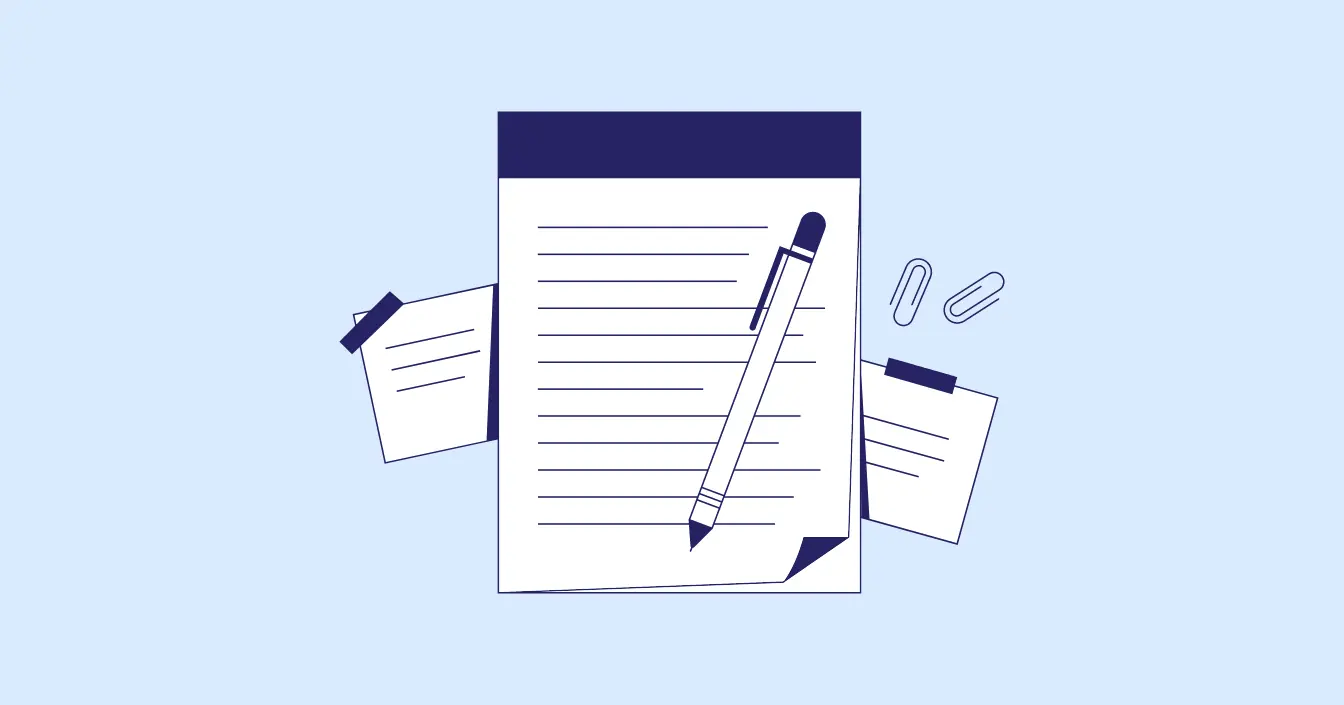
4-minute read
Grammar Tips: Intransitive Verbs
...verb is or isn’t transitive or intransitive, ask yourself a simple question: Can a noun, pronoun, or noun phrase follow this verb? If yes, then it’s a transitive verb. If not, then it’s intransitive. If yes and no, then it’s both! Need help using intransitive verbs or other English grammar...

3-minute read
Grammar Tips: Dangling and Misplaced Modifiers
In the grammar world, positioning is everything. The wrong word in the wrong place can change the entire meaning of a sentence. As such, correct placement of modifiers is crucial. These ‘modifiers’ are words and phrases that affect the meaning of another part of a sentence. Using them correctly can...

3-minute read
Grammar Tips: Possessive Plural Nouns
...My stories’ characters are all girls. I should add some boys. Plural Nouns With Other Endings This is a post about English grammar, so we just know there are going to be exceptions! Plural Nouns Ending in n Women, men, and children all end in n. They are the plural...

5-minute read
Grammar Tips: Restrictive Clauses
...your communication. With practice, you’ll master the art of using restrictive clauses to elevate your writing and grammar skills. Don’t forget, if you need a little extra help with your writing, Proofed’s team of expert editors are here to help. We’ll proofread your work to give it that final polish...
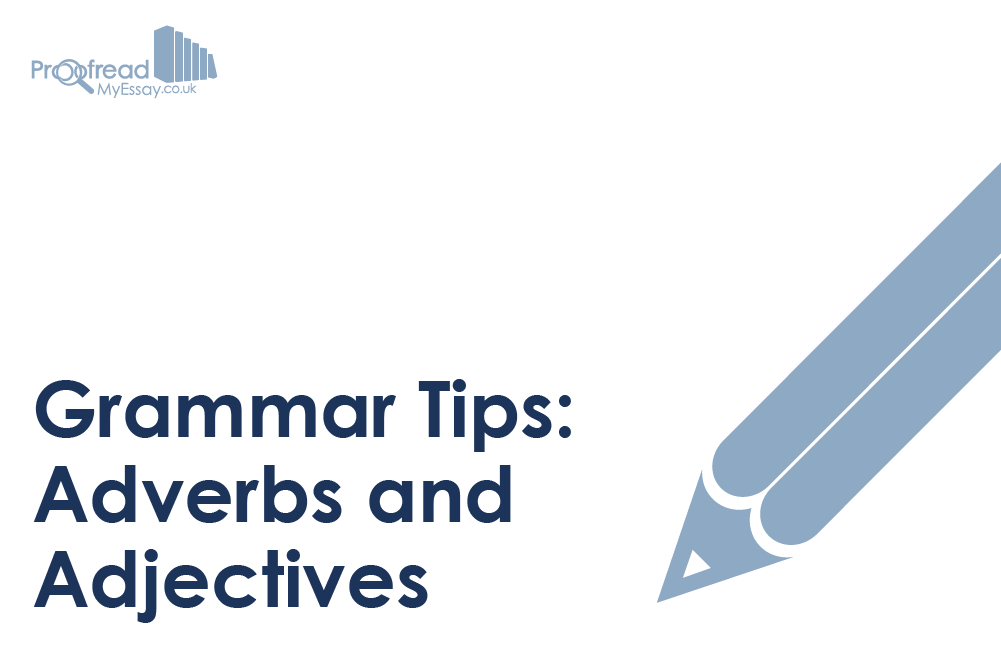
3-minute read
Grammar Tips: Adjectives and Adverbs
When we want to add extra descriptive detail to a sentence, we use adjectives and adverbs. These are words that modify other words or clauses in a statement. But there’s an important distinction between adjectives and adverbs, which is crucial to understand if you want to make sure your writing...
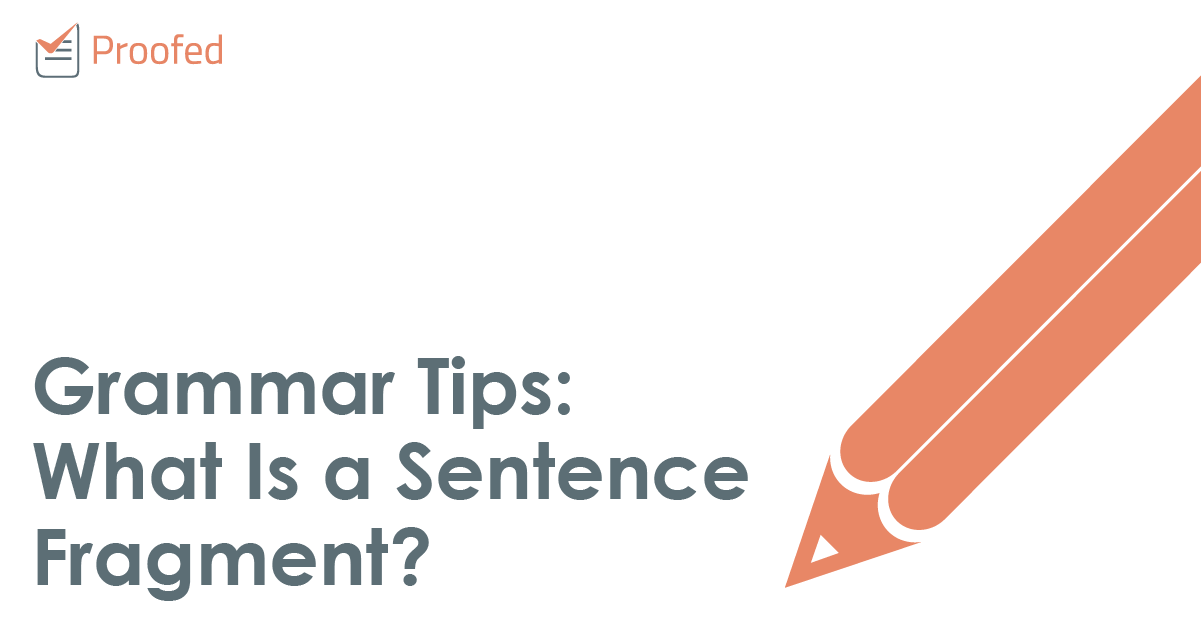
3-minute read
Grammar Tips: What Is a Sentence Fragment?
Being proofreaders, we’re keen on keeping things grammatical. As such, we feel sad when we see a sentence that’s been left incomplete. It’s like the linguistic version of an abandoned puppy. But what is it that makes a sentence complete? And is an incomplete sentence always wrong? Our guide to...
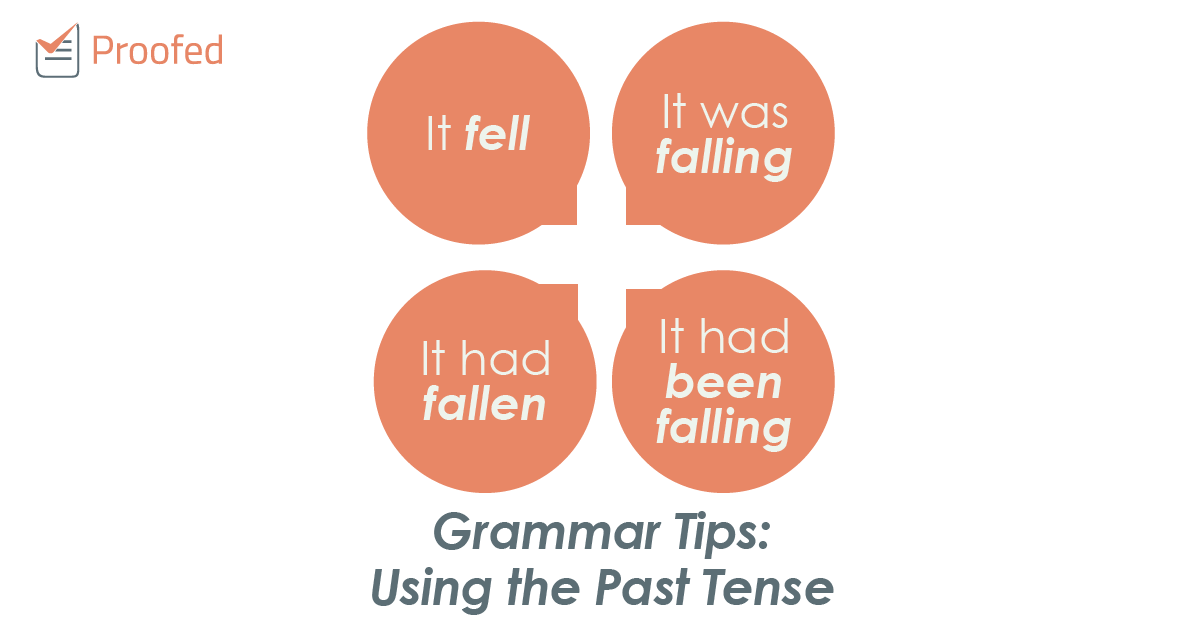
3-minute read
Grammar Tips: Using the Past Tense
The past includes everything that has ever happened. And with every second that passes, the past gets bigger and bigger! As such, there’s plenty of stuff in the past we might want to write about. Lucky for us, then, we have the past tense to talk about things in the...
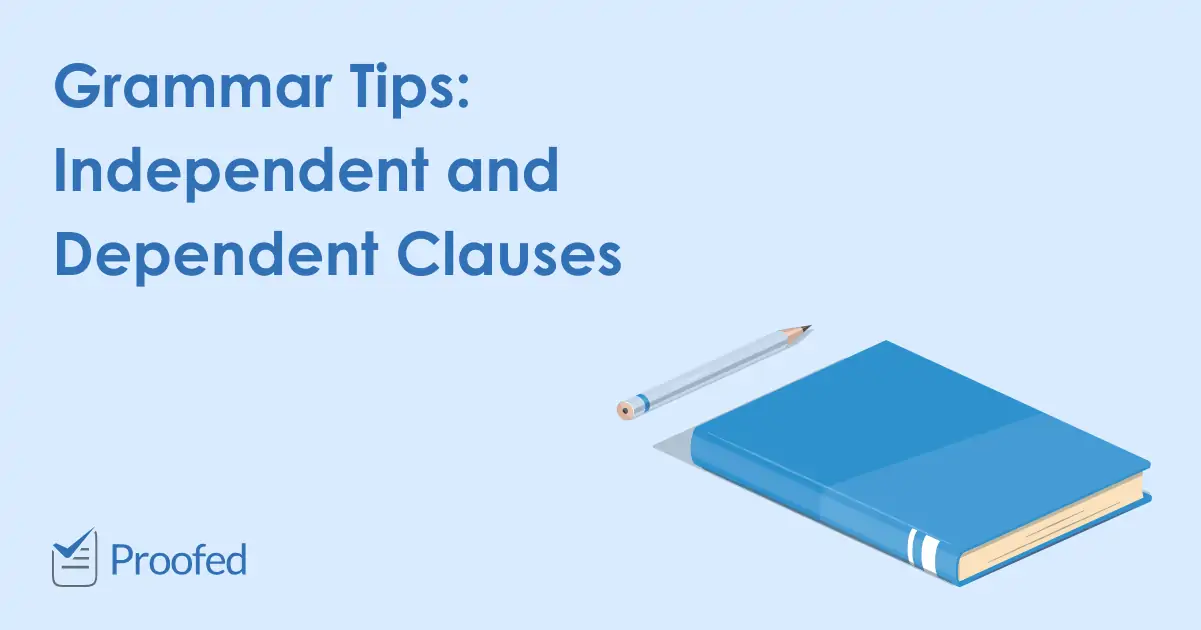
4-minute read
Grammar Tips: Independent and Dependent Clauses
Independent and dependent clauses are fundamental parts of writing. But what are these clauses? How do they differ? And how do you use them? In this post, we look the basics of independent and dependent clauses. What Is a Clause? A “clause” is a group of words that contains a...
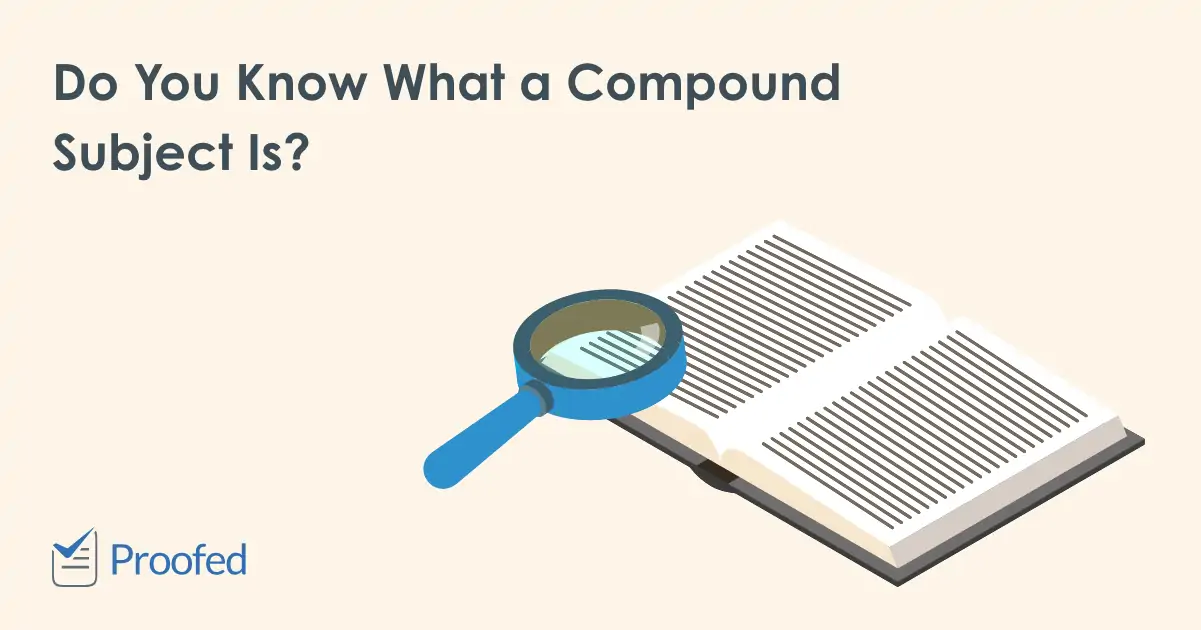
3-minute read
Grammar Tips: Compound Subjects
Verb agreement gets tricky when it comes to compound subjects. Lucky for you, then, we’ve prepared this guide to help you avoid grammatical errors. Check out our advice on the different types of compound subject to find out how to use them in your writing. Subject–Verb Agreement and Compound Subjects...
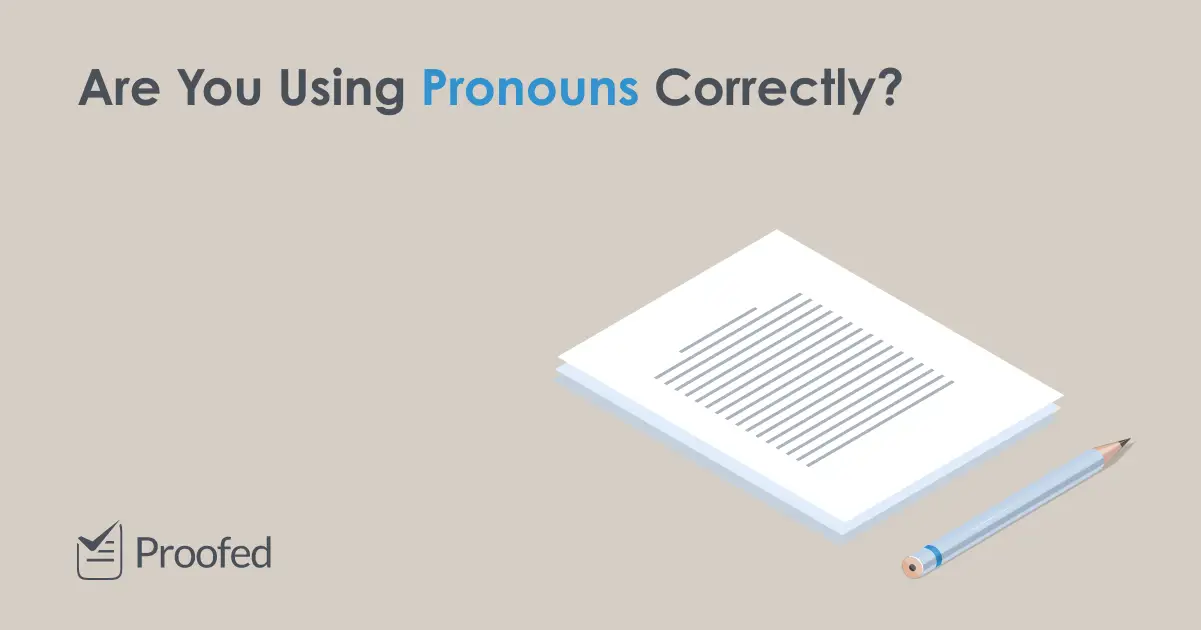
4-minute read
Grammar Tips: Understanding Pronouns and Antecedents
Pronouns can be picky things, so you don’t want to mix them with the wrong words. But, what are the rules behind this? And which pronouns go with which words? Well, with our guide to pronouns and antecedents, you can be confident of keeping your writing error free. What Are...




